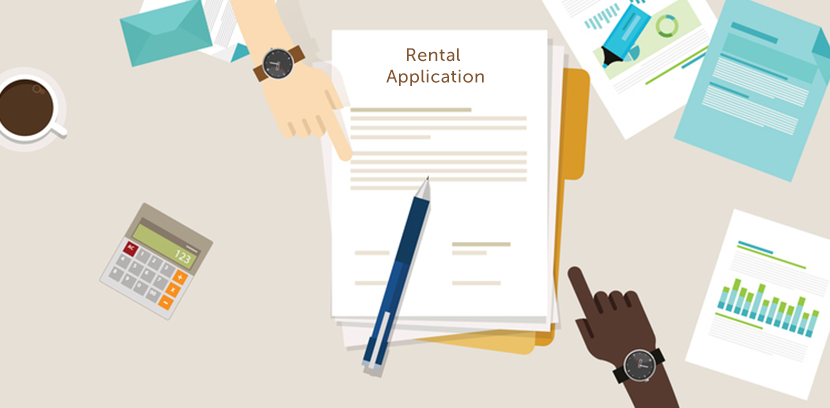
As a landlord or property manager, you qualify applicants to place good tenants who will pay rent on time. Sometimes, tenants fall on hard times or otherwise skip out on their obligations. When it's time to send a tenant account to debt collections, you must include as much information as possible to recover the delinquent account. All application information and every communication counts.
In other words, successful debt collections begins at the beginning of the rental process.
HOW RENTAL APPLICATIONS AFFECT DEBT COLLECTIONS
Rent Application Information
You wouldn't move someone into your property unless you felt that they could pay the rent, right? You would also want to know that they have held a job, have a solid history of renting, will be reliable tenants and respectful neighbors. A tenant's ability to pay the rent will be determined by various items including paystubs, bank statements, drivers license or proof of ID, rental history, and a credit report. To run a credit check, background check, or any tenant screening, you will need information such as:
- Full Name (First, Middle, Last)
- Date of Birth
- Social Security Number
- Address History
- Phone Number(s):
- Work
- Home
- Cell Phone
- Emergency Contact Info / Next of Kin
To tenants, it may seem like you're requiring a large amount of information. You are actually protecting them from false positives in their background check by requiring information that can be used to verify the data retrieved on their report. You are protecting yourself from future worry by collecting valid contact information up front, much like you would a security deposit.
How Do Debt Collectors Find Debtors
Debt collections begins with a complete and accurate rental applications. More often than not, the information from the rental application will be used by the collections agency to initially contact the tenant/debtor. The cleaner the data is on the front-end, the higher the chances of recovering money on the back-end.
Collections agencies will also look to:
- The current lease agreement
- An itemized list of past due amounts
- Contact attempts and notes
- Timeline of contact and notices of late payments or eviction
Collection agencies do have tools to “skip-trace” tenants to locate their current whereabouts and demographic data but it all begins with accurate information up front. Debt collectors that specialize in property management will also have a higher recovery rate as they are more familiar with the process, landlord rights, and legislative compliance. Debt collection agencies that work with property managers and landlords should also be able to provide transparency during the collections process to ensure compliance with the FDCPA.
Streamlining the rent collection process through an online system is one way to gather valid and reliable data on a rental information. BYL Collections partners with RealPage/OneSite to include ease in leasing, property management, compliance, accounting, and delinquent rent collections. To learn more, click the link below.




